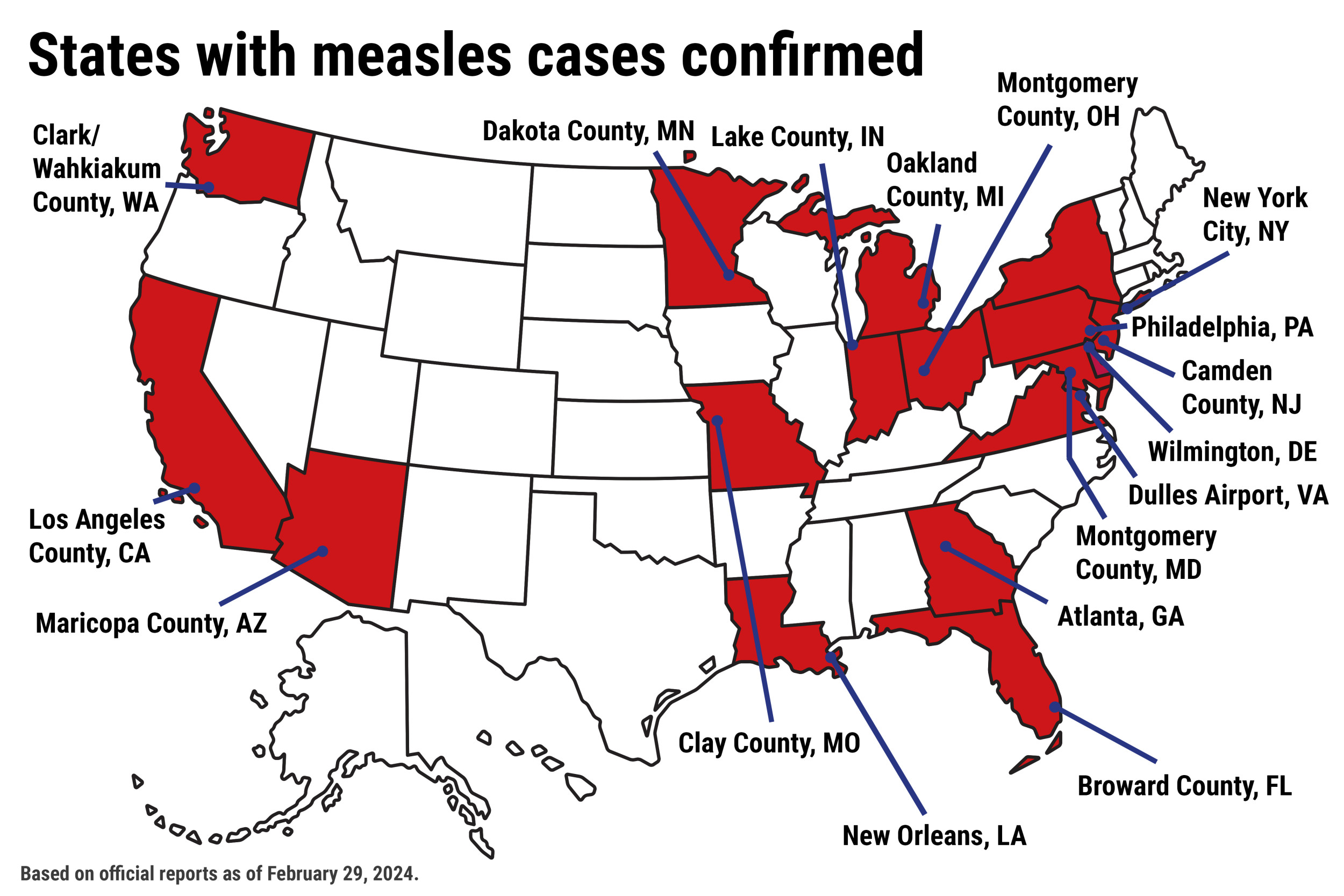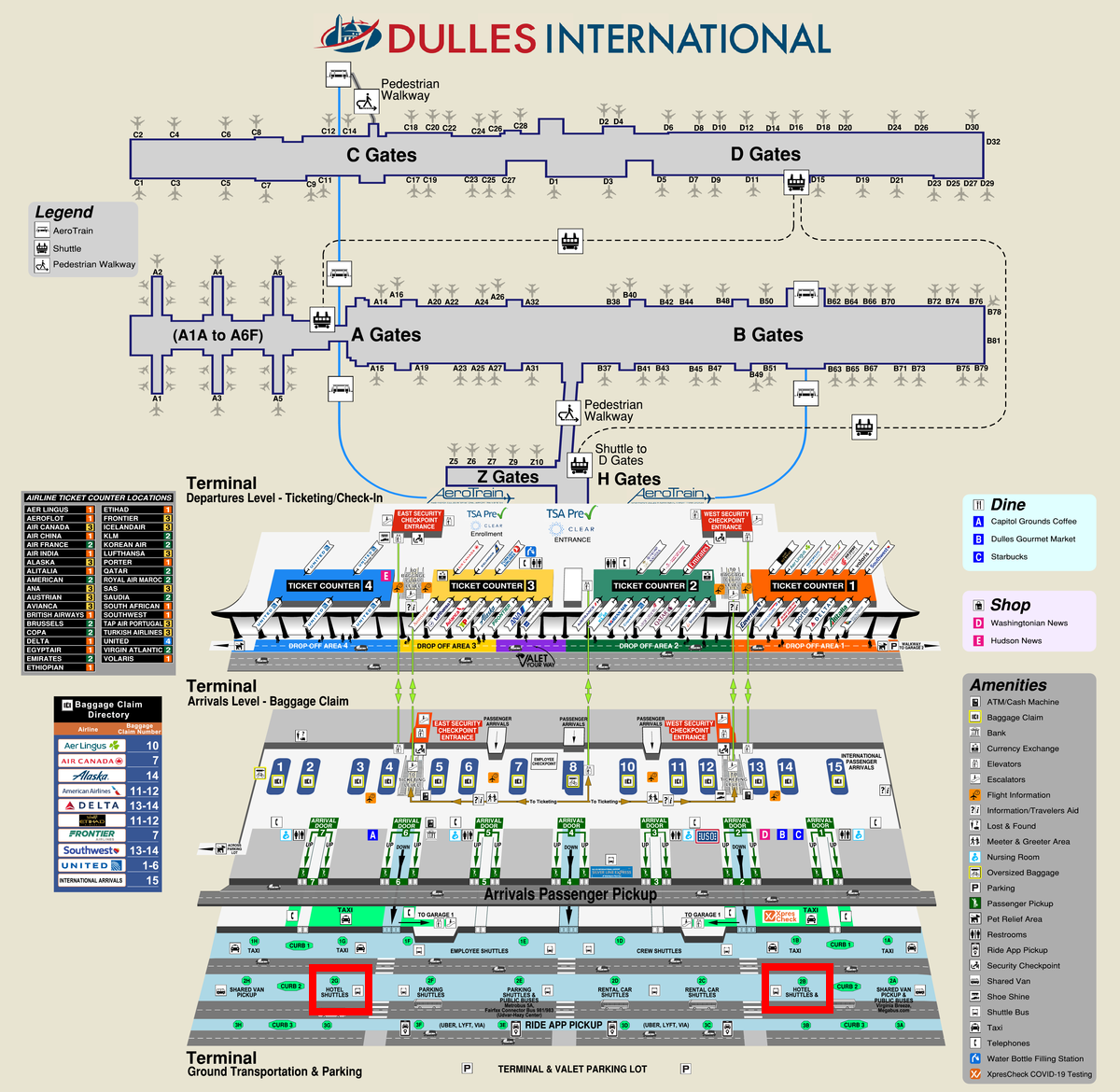Measles Outbreak: Was Your Flight At Dulles Airport At Risk?
The measles outbreak that struck the United States in 2019 sent shockwaves of concern throughout the country, with numerous cases reported across the globe. As a result, many individuals are left wondering if they were at risk of contracting the disease during their travels. One of the major hotspots of the outbreak was Washington Dulles International Airport (IAD), where thousands of passengers and travelers arrived and departed each day. In this article, we will delve into the details of the measles outbreak, exploring whether flights at Dulles Airport were at risk and what travelers can do to protect themselves.
The measles outbreak, which began in January 2019, was the largest in the United States in over two decades. According to the Centers for Disease Control and Prevention (CDC), over 1,200 cases were reported across the country, with the majority occurring in New York, California, Washington, and New Jersey. One of the primary hubs for the outbreak was Washington Dulles International Airport, which connects millions of passengers to destinations across the globe.
Understanding the Risk of Measles at Dulles Airport
Dulles Airport, like many other major transportation hubs, is a high-risk environment for the spread of infectious diseases like measles. With thousands of passengers passing through the airport each day, the risk of transmission is significant. In fact, according to the CDC, measles can spread through the air when an infected person coughs or sneezes, and even those who are not showing symptoms can transmit the disease.
What We Know About the Outbreak at Dulles Airport
In the weeks leading up to the outbreak, there were reports of travelers arriving at Dulles Airport from countries where measles was endemic, including Ukraine, the Philippines, and China. These individuals were often unaware that they were infected, as symptoms of measles may not appear until several days after exposure.
How Measles Spreads at Airports
Measles spreads through the air when an infected person coughs or sneezes, releasing droplets that contain the virus. These droplets can be inhaled by other individuals, who may then become infected. In addition to airborne transmission, measles can also spread through close contact with an infected person, such as shaking hands or sharing food and drinks.
How to Protect Yourself at Dulles Airport
To minimize the risk of contracting measles at Dulles Airport, there are several steps you can take:
- Check your vaccination status: Make sure you are up-to-date on your measles vaccination. If you are not vaccinated, consider getting vaccinated before traveling.
- Be aware of your surroundings: If you are in an area where there are cases of measles, take precautions to avoid close contact with others, such as wearing a mask or staying at least 3 feet away.
- Avoid close contact with others: If you are in an area where there are cases of measles, avoid close contact with others, such as shaking hands or sharing food and drinks.
- Wash your hands frequently: Wash your hands frequently with soap and water, especially after coming into contact with someone who may be infected.
What Airlines and Airports Are Doing to Prevent the Spread of Measles
Airlines and airports are taking steps to prevent the spread of measles and other infectious diseases. These measures include:
- Screening passengers: Many airlines are screening passengers for measles and other diseases before they board flights.
- Cleaning and disinfecting: Airports are cleaning and disinfecting surfaces and equipment to reduce the risk of transmission.
- Providing vaccinations: Some airlines are providing vaccinations to passengers before flights.
- Educating passengers: Airlines and airports are educating passengers on the risks of measles and how to prevent its spread.
How to Report a Case of Measles
If you suspect that you or someone else has contracted measles, report it to the authorities immediately. You can do this by:
- Contacting the CDC: The CDC can provide guidance on how to report a case of measles and what steps to take to prevent its spread.
- Contacting your healthcare provider: Your healthcare provider can provide guidance on how to treat measles and prevent its spread.
- Reporting to the airline: If you traveled on a flight that may have been at risk of measles transmission, report it to the airline to help prevent further transmission.
Conclusion
The measles outbreak that struck the United States in 2019 highlighted the importance of vigilance when it comes to infectious diseases. By taking steps to protect ourselves and others, we can reduce the risk of transmission and prevent outbreaks. Whether you traveled to Dulles Airport or not, it's essential to be aware of the risks and take steps to protect yourself.
In conclusion, the measles outbreak at Dulles Airport serves as a reminder of the importance of vaccination, awareness, and vigilance when it comes to infectious diseases. By being informed and taking steps to protect ourselves, we can help prevent the spread of measles and other diseases.
Sources:
- Centers for Disease Control and Prevention. (2019). Measles Outbreak: Fact Sheet.
- World Health Organization. (2019). Measles.
- National Institute of Allergy and Infectious Diseases. (2019). Measles.
Twitter Nsfw
Fitbryceadams
Joaquim Valente Age
Article Recommendations
- Lara Diabla
- Yumieto Of
- Joan Van Ark
- Youngllen Pompeo
- Dale Jarrett
- Money6x
- Lyna Perez
- Joe Rogan Wife
- Paige Vanzant Fans
- Prince Naseem Piddy


.png)
